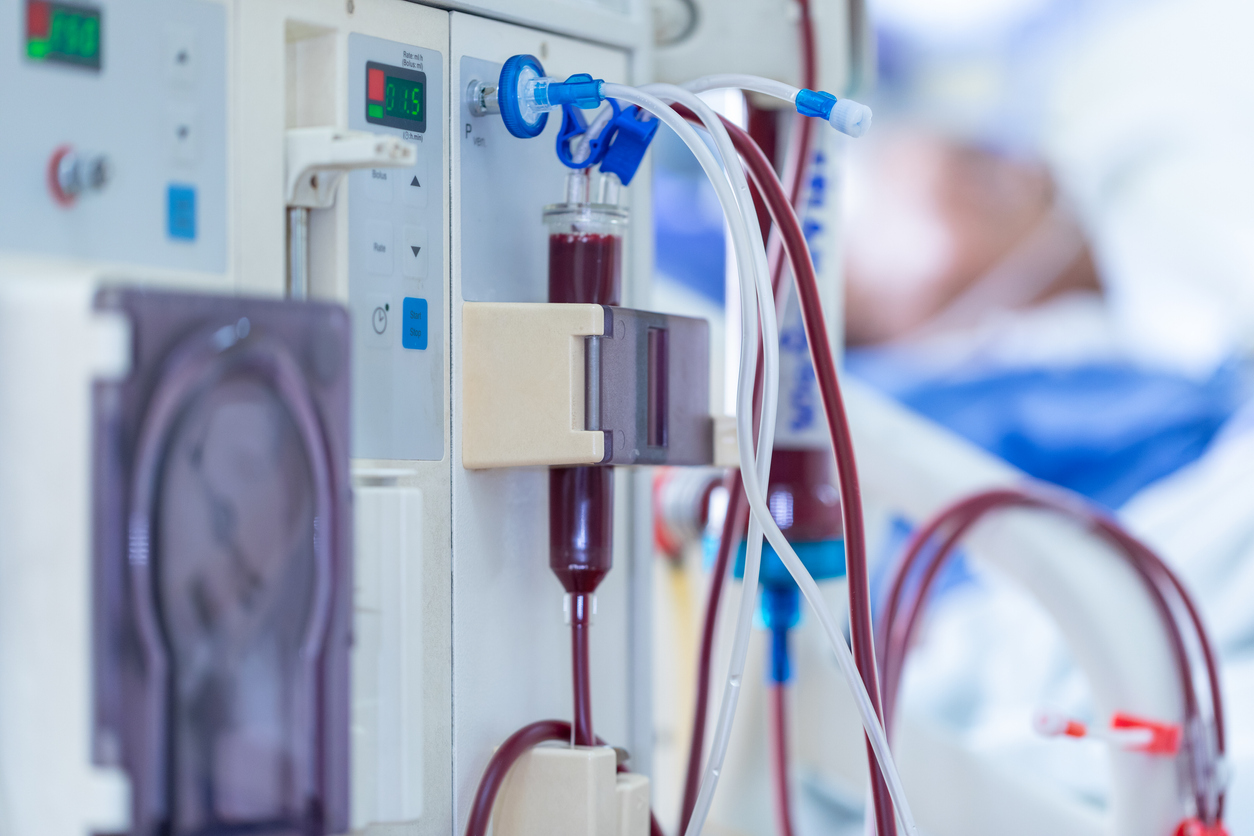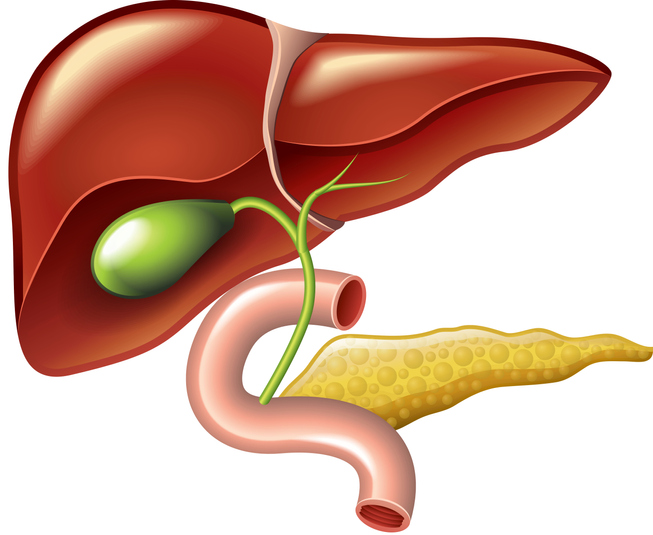“Approximately 1 in 7 adults in the United States has chronic kidney disease, which occurs when kidneys have become damaged over time and do not work as well as healthy kidneys. Kidney failure may lead to anemia, high blood pressure, heart disease, stroke, and early death. People may not feel sick or notice any symptoms. Therefore, it can go undetected until it has advanced.
However, if caught in its early stages, kidney damage can be kept from getting worse by following a healthy diet and taking the proper medicine. We sit down with Erich, a chronic kidney disease patient of 30 years, and his wife and care provider Andria to hear their story. We also meet with Dr. Cosette Jamieson, a nephrologist who specializes in chronic kidney disease, to learn about the importance of early diagnosis and management strategies for patients.”
Learn more here.






